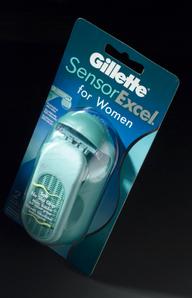

PATH-HIV-1 screening assay, Washington, United States, 1991
- manufacturer:
- Program for Appropriate Technology in Health

"PATH-HIV-1 Screening Assay", rapid dipstick assay for in vitro testing of donated blood (non-functional), designed for use in developing countries, complete with mounted sample dipstick showing positive and negative results, by Program for Appropriate Technology in Health, Seattle, Washington, United States. dipstick with results not identified. box contains: one comb (serial number 021291), one sealed packet of four Antigen-coated combs, empty plastic bottle of Wash solution 5Xconcentrate, 100ml, one plastic bottle, 20ml of sample diluent; one plastic bottle, 20 ml, colloidal gold signal reagent (contains 0.05% sodium azide); one plastic tray with 96 wells
Identifying the presence of HIV antigens in a sample of blood plasma or serum can prevent the transmission of HIV through blood transfusions.
This plastic ‘dipstick’ test was cheaper and faster than other tests available in 1991. The ‘dipstick’ test also had the advantage of being simple to use and did not require a laboratory or a specially trained technician. Crucially, countries in the developing world could afford to manufacture and use the test.
The Program for Appropriate Technology in Health (PATH) is an organisation founded in 1977 to develop appropriate technologies for public health programmes in the developing world.
Details
- Category:
- Public Health & Hygiene
- Object Number:
- 1991-289
- Materials:
- aluminium, plastic, cardboard, paper and liquid reagent
- Measurements:
-
overall (box): 112 mm x 185 mm x 120 mm, , .22kg
- type:
- hiv test
- credit:
- Program for Appropriate Tech. in Health




